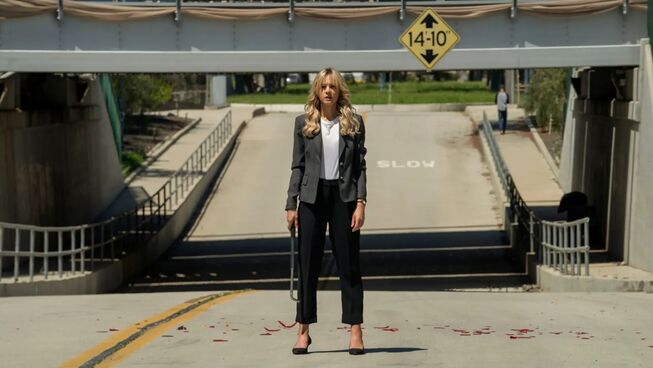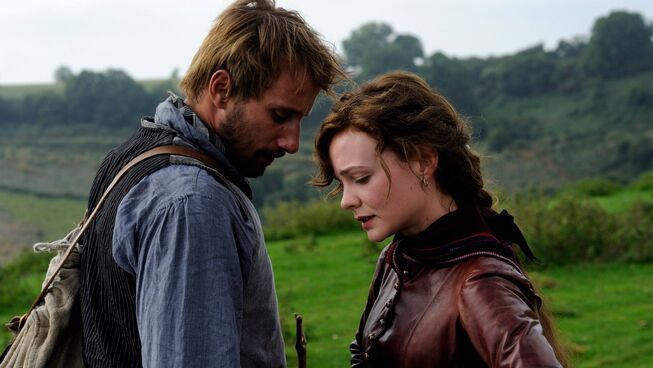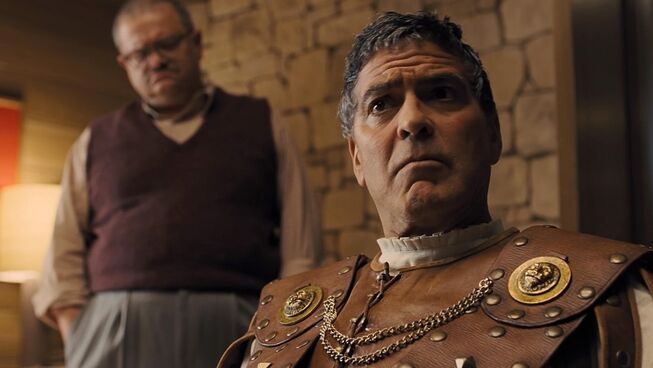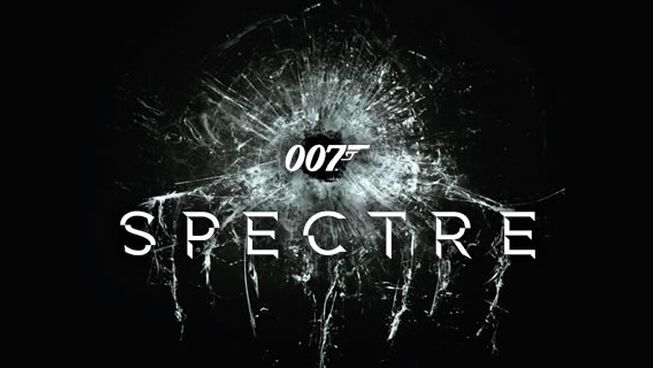The Dig
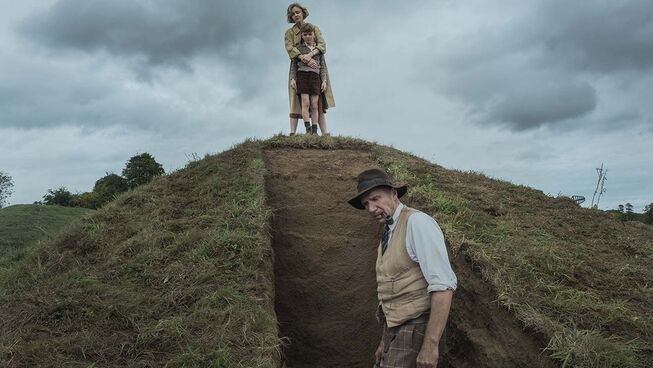
4 out of 5 stars
Movies that have archaeology as their driving force tend to venture towards fantasy or action-adventure to make them interesting. Filmmakers hope to keep audiences' attention as the discovery of the treasures below the earth's surface provide a whisper of mystery or mystical qualities from the past. John Preston’s novel highlighting the archaeological dig in Sutton Hoo in 1938 contains none of these elements. Yet, it does harbour the dramatic tensions of class warfare, scientific intrigue and even romance to keep people interested through every shovelful of dirt.
Edith Pretty (Carey Mulligan) had many folks from around the country speculating about the large burial mounds that were on her vast estate over the years. She had enquired at the various English museums for advice on excavating these unique landmarks. Still, with the country preparing for war, little assistance was offered to her. Undeterred, she decides to hire the "unorthodox and untrained” excavator, Basil Brown (Ralph Fiennes), for this delicate job. He brought a determined ruggedness and down-to-earth manner that appealed to Ms Pretty and motivated her to continue with the dig despite weakened state and societal opposition. This was spurred on by her son, Robert (Archie Barnes), who grows to love discovering these historical treasures and enjoys working with the man who leads the team.
With pressure mounting from the Ipswich and London Museums, Brown does all he can to carefully work to find what mysteries lie under the earth. Throughout the work, he experiences life-threatening situations, weather related battles and professional turmoil. Yet, he continued with his work until the dirt finally released its historical prisoners. His team manages to unearth a burial ship's remains that proved to be one of the century's most significant archaeological discoveries. A discovery that brought out some of the greatest archaeologists of the era and competition from the various historical societies who wanted to claim the potential treasure in its hold. All of this was happening under ailing, but watchful eye of Edith Pretty, who looks to her hired excavator for direction and support.
Even though the true-to-life story does contain enough drama and relational energy to keep audiences engaged. Director Moira Buffini (Viceroy’s House) manages to deliver a wonderfully measured film for the history buffs and general audiences alike. She stays true to the original tale, but makes some artistic changes to bring the story into a manageable timeline. This means that there are some characters altered or added for dramatic effect, but the narrative continues to honour the names of Basil Brown and Edith Pretty.
Carey Mulligan takes a divergent move from her recent standout performance in Promising Young Woman, but proves that she has a depth to her range of acting abilities. She shows how she can convincingly portray both strength and frailty through each scene. This balances her character’s refined elegance with Fiennes’ earthy, tweed-wearing on-screen persona that eventually develops into an unlikely alliance and mutual respect. The veteran actor shows how he can personify the understated determination of a quietly driven man who was continually underestimated by his colleagues.
These central characters are complemented by a beautiful whirlwind of supporting players and a tangle of relationships. Lily James, Monica Dolan, Johnny Flynn and Ken Stott bring in heart-warming and confronting elements that could have all been developed into their own storylines. Like the various layers of an archaeological dig, this film delivers something new with each character's introduction. Something that could have led to confusion in any other production, but here it proves to be a multi-layered journey into one of history’s greatest discoveries.
REEL DIALOGUE: What is the value of loyalty?
Loyalty is both fascinating and confusing. It is defined as being faithful to something or someone. Basil Brown and Edith Pretty's bond was a platonic friendship that had devotion at the core. While it did lead to some hardships, their connection was an example of genuine commitment to a cause and a person. It begs the question, why do we choose to be loyal or faithful to anyone? It seems to be rooted in wanting to place implicit trust in the person we put our faith in and knowing that this loyalty will be reciprocated.
The Bible attaches a deeper meaning to the idea of loyalty. What can be seen is that God is the only one that is entirely faithful. He is faithful even when his followers are faithless. The thing to consider is that with mankind, loyalty can be fleeting, but with God we can find real loyalty and someone true to their word.
‘Peter said to him, “Even if I must die with you, I will not deny you!” And all the disciples said the same.’ Matthew 26:35
Students of the Bible will appreciate the irony of using this passage as an example of loyalty. A historical statement in Peter's life shows that the only person genuinely loyal in this life is Jesus.


